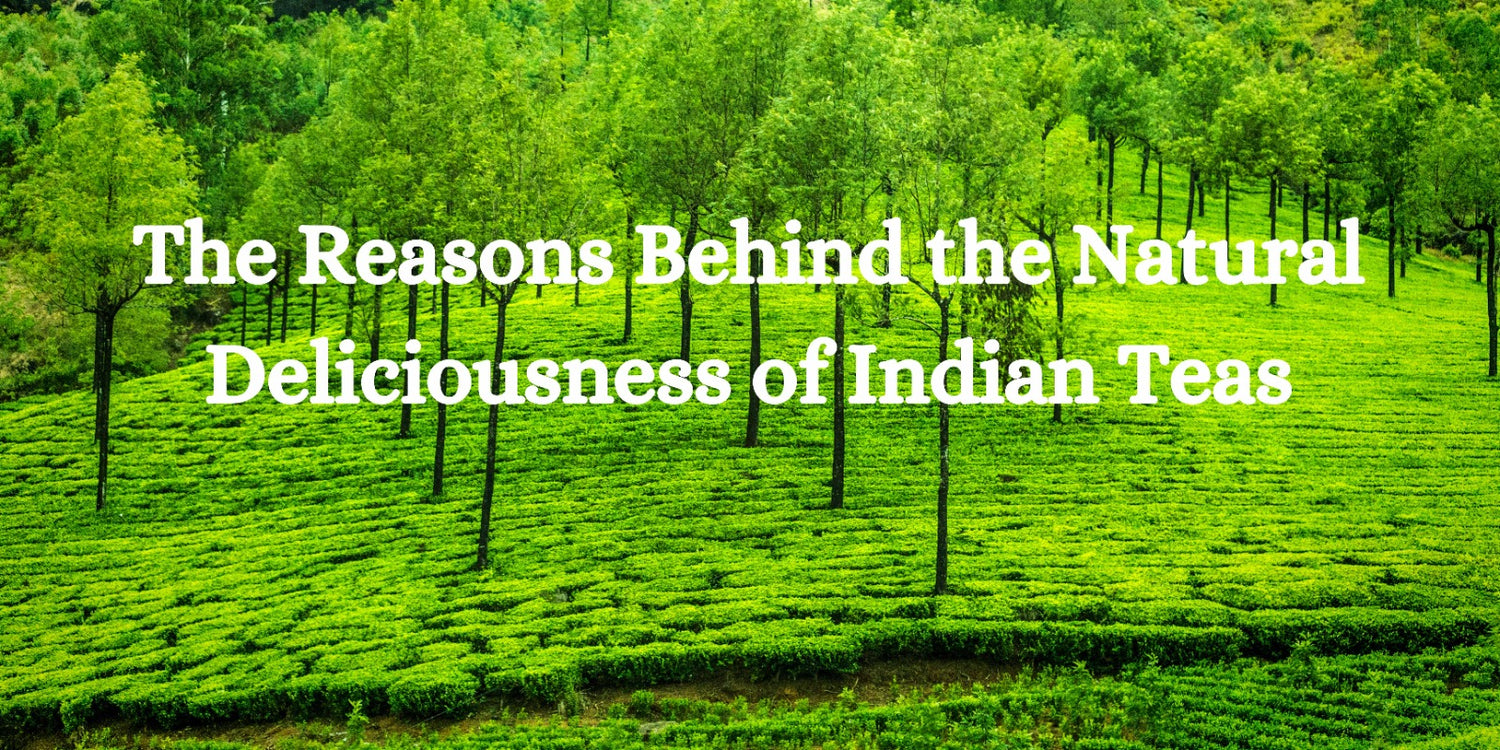Introduction
When it comes to indulging in a truly delightful tea experience, Indian teas stand out for their exceptional flavors that captivate the senses. From the rich, malty notes of Assam black tea to the delicate aromas of Darjeeling green tea, the diversity and natural deliciousness of Indian teas are a testament to the unique factors that contribute to their exquisite taste.
Factors Why Indian Teas are Naturally Delicious
Diversity of Indian Tea Varieties
India is famous for its diverse tea production, offering black, green, white, and oolong varieties. Each type comes with its own distinct characteristics and flavor profiles, offering a wide range of options for tea enthusiasts. The regions of Assam, Darjeeling, Nilgiri, and others are celebrated for their tea cultivation, with each area contributing to the diverse flavors found in Indian teas.
Terroir and Climate Influence
One of the primary reasons behind the natural deliciousness of Indian teas is the concept of terroir—factors such as soil, climate, and geography that influence the taste of the final product. The varied climate across different tea-growing regions in India plays a crucial role in shaping the flavor of the teas. For instance, Assam’s warm and tropical climate gives its teas a strong and robust flavor, whereas Darjeeling’s cooler environment produces teas with more delicate and floral characteristics.
Traditional Cultivation and Processing Techniques
Indian tea growers have long relied on traditional cultivation and processing methods that enhance the flavors and aromas of their teas. From plucking the tea leaves by hand to skillfully processing and oxidizing them, these age-old techniques play a significant role in bringing out the natural deliciousness of Indian teas. Special processing methods such as withering, rolling, oxidation, and firing are employed to bring forth the unique characteristics of each type of tea.
Health Benefits and Cultural Significance
Beyond just the delightful flavors, Indian teas are also celebrated for their health benefits. Rich in antioxidants and other beneficial compounds, consuming Indian teas has been associated with various wellness advantages. Moreover, in Indian culture, tea holds a significant place in daily rituals, social gatherings, and traditional Ayurvedic practices for overall well-being, adding to the cultural significance and appeal of Indian teas.
Conclusion
In conclusion, the natural deliciousness of Indian teas is a result of a harmonious blend of factors. The diverse terroir, climate influence, traditional cultivation and processing techniques, along with the cultural relevance and health benefits, all contribute to the exceptional flavors that make Indian teas a true delight for tea enthusiasts worldwide. As you embark on your tea journey, take the time to savor and explore the captivating flavors of Indian teas, and let each sip immerse you in the unique natural essence of this ancient beverage.




